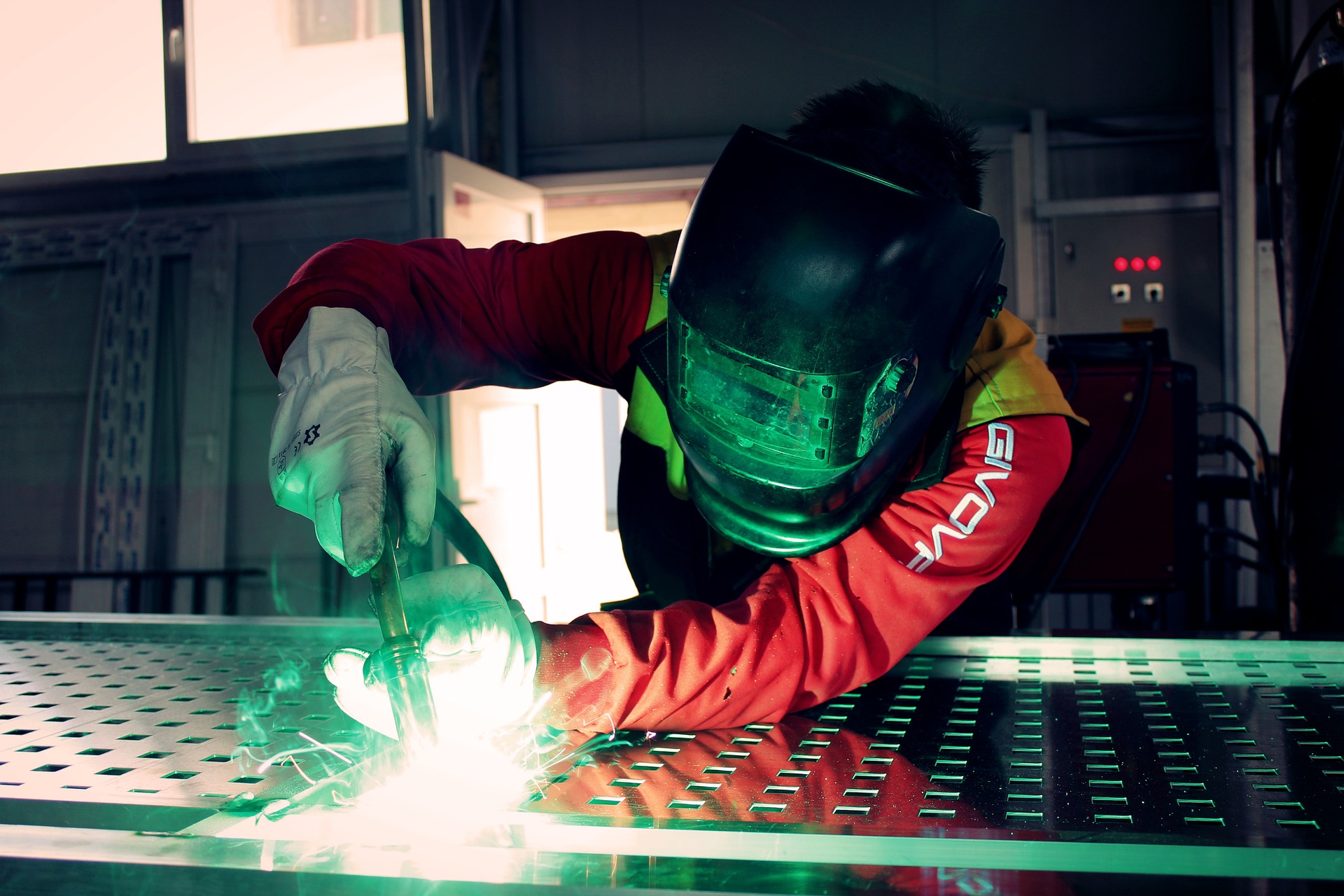Start with Training: Pathways to Welding Jobs in the United Kingdom
Welding companies in the United Kingdom are actively looking for dependable workers. If you're interested in starting a hands-on career, welding may offer the kind of stability and structure many seek. Short-term training programs are often available to help you get started, even without prior experience. Understanding how to qualify and what the work involves is a smart first step.

How Can Welding Training Lead to Job Opportunities in the UK?
Welding training is the first step towards a rewarding career in this field. The UK’s manufacturing, construction, and engineering sectors all require skilled welders, creating a steady demand for qualified professionals. By completing a recognized welding course, you’ll gain the essential skills and certifications that employers look for. Many training programs also offer job placement assistance or have partnerships with local companies, helping graduates transition smoothly into the workforce.
What Types of Welding Courses Are Available in the UK?
The UK offers a variety of welding courses to suit different needs and experience levels. These include:
-
Introduction to Welding: Short courses for beginners to get a taste of the trade.
-
City & Guilds Welding Courses: Recognized qualifications at various levels.
-
NVQ in Fabrication and Welding: Work-based qualifications that demonstrate practical skills.
-
Advanced Welding Techniques: Specialized courses for experienced welders looking to upgrade their skills.
Courses can range from a few weeks to several months, depending on the depth of training and qualifications offered.
What Will You Learn During Welding Preparation Programs?
Welding preparation programs cover a comprehensive range of skills and knowledge. Typical subjects include:
-
Safety procedures and equipment usage
-
Different welding techniques (MIG, TIG, Stick welding)
-
Reading and interpreting technical drawings
-
Metal properties and metallurgy basics
-
Welding defects identification and prevention
-
Quality control and inspection methods
Practical hands-on training is a significant component of these programs, allowing students to develop their skills in a controlled environment.
Who Is a Good Fit for Welding Work?
Welding can be an excellent career choice for individuals who:
-
Enjoy working with their hands and have good manual dexterity
-
Have an eye for detail and precision
-
Can focus for extended periods
-
Are comfortable working in various environments, sometimes in challenging conditions
-
Have a strong commitment to safety
-
Enjoy problem-solving and working on diverse projects
While physical strength can be beneficial, modern welding equipment has made the job more accessible to a broader range of individuals.
What Can You Expect on the Job as a Welder in the UK?
Working as a welder in the UK can be both challenging and rewarding. Typical job responsibilities include:
-
Interpreting engineering drawings and specifications
-
Preparing materials for welding
-
Operating welding equipment to join metal components
-
Inspecting completed welds for quality and strength
-
Maintaining and repairing welding equipment
-
Adhering to strict safety protocols
Welders often work in manufacturing plants, construction sites, shipyards, and repair shops. The work can involve shifts and may require travel to different locations. As you gain experience, opportunities for specialization and advancement into supervisory roles may become available.
How Much Does Welding Training Cost in the UK?
The cost of welding training in the UK varies depending on the course type, duration, and institution. Here’s a general overview of training costs:
| Course Type | Duration | Estimated Cost Range |
|---|---|---|
| Introduction to Welding | 1-2 weeks | £500 - £1,000 |
| City & Guilds Level 2 | 12-16 weeks | £2,000 - £4,000 |
| NVQ Level 3 in Fabrication and Welding | 12-18 months | £3,000 - £6,000 |
| Advanced Welding Techniques | 1-4 weeks | £1,000 - £3,000 |
Prices, rates, or cost estimates mentioned in this article are based on the latest available information but may change over time. Independent research is advised before making financial decisions.
Some training providers offer funding options or apprenticeships that can reduce or eliminate upfront costs. Additionally, many employers are willing to invest in training for promising candidates, which can be a cost-effective way to enter the field.
In conclusion, welding training provides a solid foundation for a career in a field that continues to be in demand across the UK. With the right skills and certifications, aspiring welders can find diverse opportunities in various industries. While the training requires investment in time and resources, the potential for a stable and rewarding career makes it an attractive option for many.




